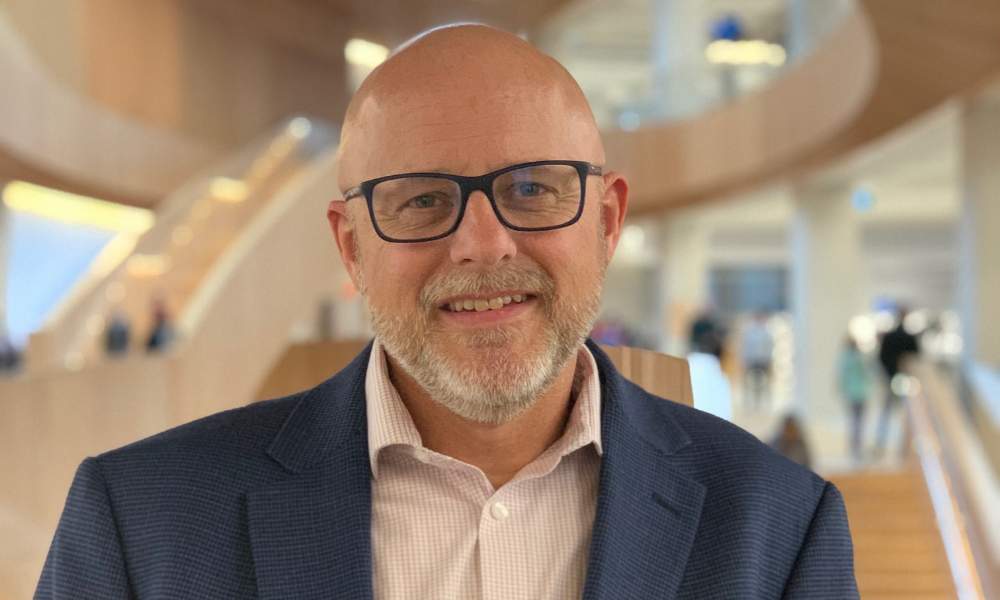And why data and people skills are the keys to effective safety management

While "safety first" is somewhat of a mantra in the OHS profession, some safety pros take issue with the idea.
“I detest the phrase ‘safety first’ because it should be safety always,” says Ken Page. “If you make it safety first, you’re missing part of the picture.”
Page, who is Lead, WHS Business Planning and Data Management – Calgary Zone, Alberta Health Services, says that safety should be a discrete thing. It should be ubiquitous to what you do. “You’re just doing it. It just happens and it’s embedded. We want safety to be a part of the business and part of the conversation. It needs to flow, and if we’re emphasizing one aspect over another, we’re in conflict and we’re not getting that synergy.”
Page has a unique view of safety, partly because of how he got into the profession.
“My pathway to the safety world probably starts off very differently than most people,” says Page, who actually started off his career pursuing an economics degree. To fund his schooling, he worked as a ski patrol and first aid attendant. Eventually, through the years he started developing a strong emergency disaster management mindset. He also found that he was skilled on the first aid side, and understood the human body.
Page figured that the economics world wasn’t his strength, and decided to go back to school and get a diploma in kinesiology, focusing on ergonomics and human factors. He continued on this path and eventually ended up in Calgary where he worked as a co-op student on an organization’s safety program. The organization was building a brand new building and expanding its operations. He said: "That was a catalyst for a significant change in perspective of how safety as a system can get built into the culture of an organization, and become an integrated value aspect of the program and of the organization. And that really changed my entire perspective of things.”
This experience shaped Page’s perspective on safety, which he views from a “true systems perspective, and integrated model of safety into the business". He adds that his passion is being able to describe health and safety programs in a meaningful way using data – “My world is all about health and safety data.”
“The model and the current paradigm that folks have in health and safety is still structured around cost and an traditional idea of return on investment. And I'm really trying to help build a better mindset, and a healthier mindset, around data within the health and safety world.”
He says that one of his biggest challenges is getting people to embrace a different way of approaching safety. “I enjoy thinking outside the box. And sometimes when you think outside the box, it really challenges other folks to trust that approach.”
And data is not the only thing that Page is passionate about. Opening up dialogue and engaging with workers is enriching, he says, because you can see how different people see things from a different perspective. “And engaging in this conversation can also change my perspective.” Having great people skills is key to being a good safety leader, because “safety is not a mechanical process, safety is a dynamic process. And if you’re not understanding that then you may not see the value add anymore.”





